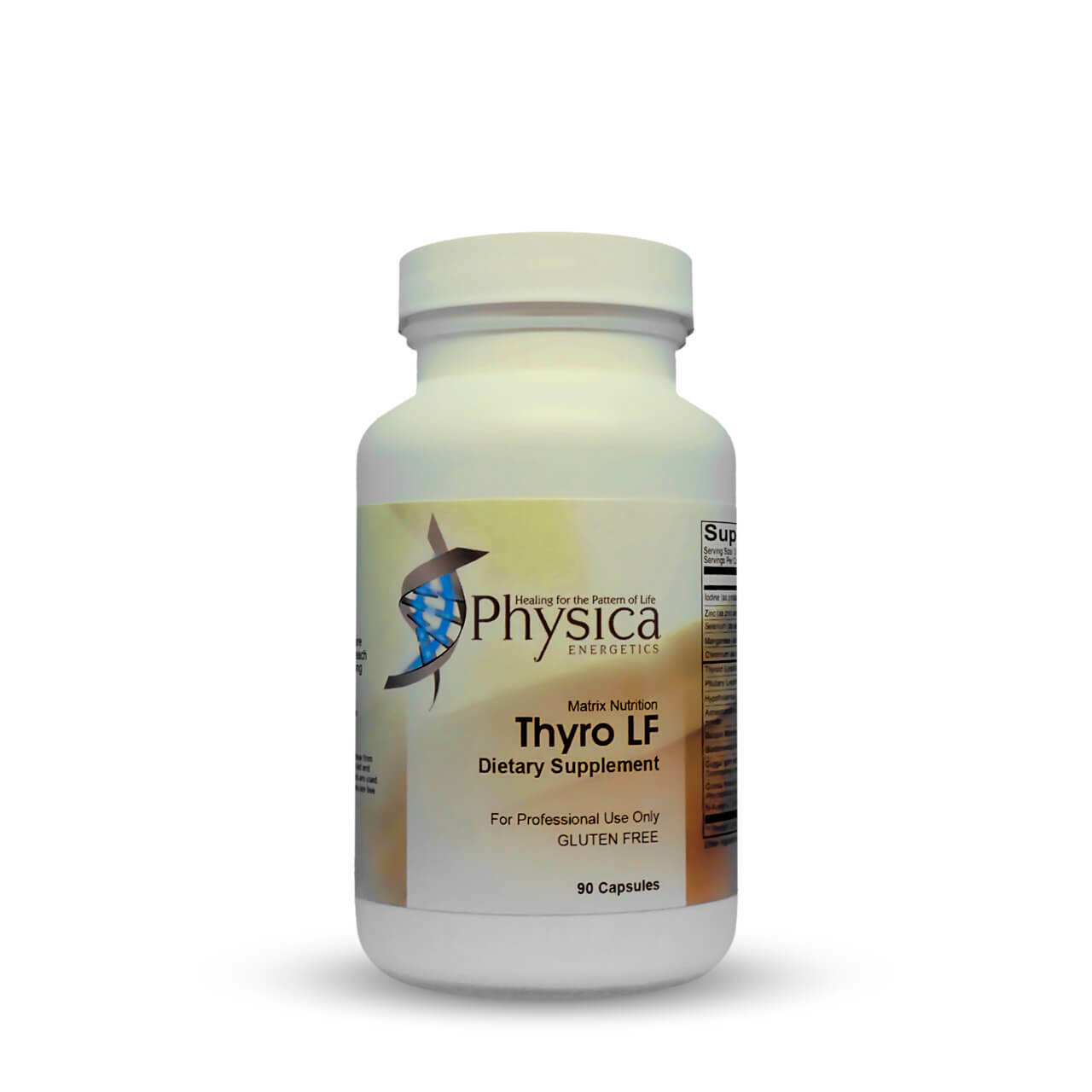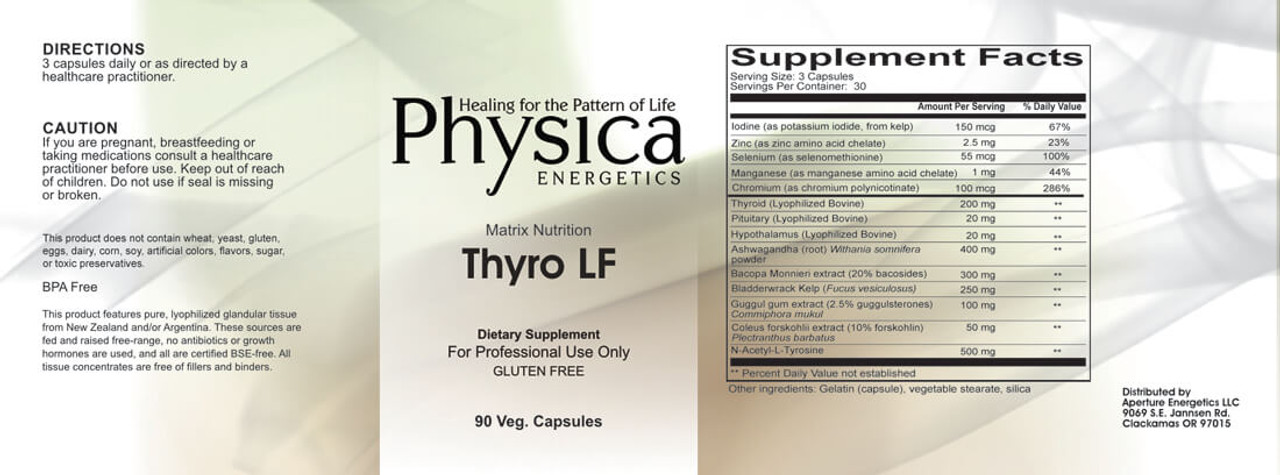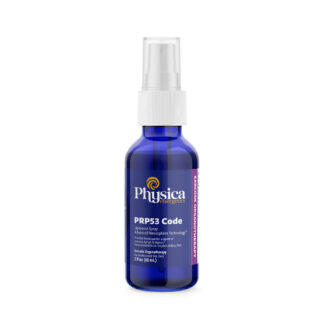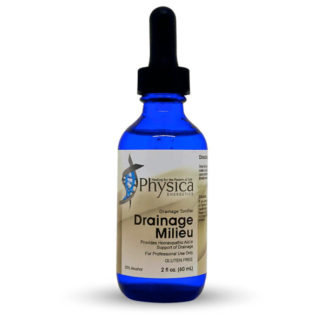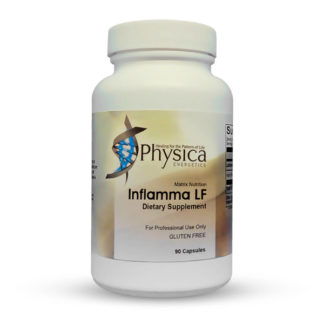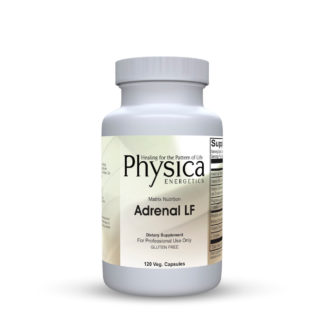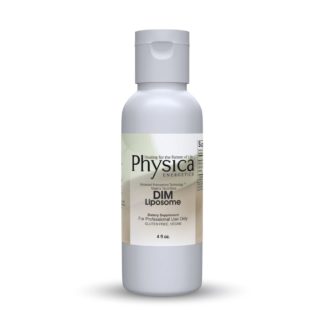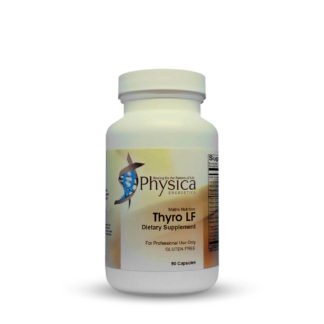Description
Thyro LF are lyophilized glandulars from New Zealand, amino acids, minerals, ethno botanicals which may support healthy thyroid function.
A study in The Journal of Clinical Endocrinology & Metabolism found that TSH and/or T4 levels can be poor indicators of the actual thyroid levels in tissues, and therefore, in a substantial percentage of patients, do not reflect whether or not a person has truly normal thyroid levels. Conventional endocrinology assumes that in most people, the T4 to T3 conversion process functions seamlessly, and that the presence of elevated Reverse T3 is not evidence of any thyroid dysfunction.
Integrative hormone experts, however, have a different view of the role and value of RT3. Some integrative physicians believe that elevated levels of RT3 even though TSH, Free T3 and Free T4 values may be within the normal reference range, reflect a thyroid problem at the cellular level, a condition that Dr. Kent Holtorf, MD calls “cellular hypothyroidism.” In this integrative view, elevated RT3 can be triggered by ongoing chronic physical or emotional stress, adrenal fatigue, low ferritin (stored iron) levels, acute illness and injury, and chronic disease, among other factors. T3 is the active thyroid that goes to the cells and stimulates energy and metabolism. Reverse T3 is a mirror image. It actually goes to the receptors, sticks there, and nothing happens. So it blocks the thyroid effect. Reverse T3 is kind of a hibernation hormone, in times of stress and chronic illness, it lowers your metabolism. So many people seemingly have normal thyroid levels, but if they have high Reverse T3, they’re actually suffering from hypothyroidism.
Interestingly, 95 percent of the time, those with elevated reverse T3 levels will see their levels revert back to normal after undergoing protocols and remedies which clear the terrain and draw out cadmium, lead, mercury, and other toxic metals. Clearly one of the principal causes of hypothyroidism is related to elevated reverse T3 levels, which can become elevated in response to heavy metal toxicity. In such cases, Dr. Jonathan Wright MD recommends detoxifying before beginning thyroid treatment. The detoxification protocol will vary depending on the level of lead, cadmium, mercury, and other heavy metals.
Excessive cortisol levels will impair thyroid function in many ways including abnormal TSH levels, decreased conversion of T4 into T3, and elevated reverse T3. E. Denis Wilson, MD believes there is a difference between thyroid gland dysfunction and thyroid system dysfunction. The “thyroid system” is a systemic response to heavy metals, virus’ (coxsakie, etc), EMFs, pathogens, dental challenges, hormonal imbalances, HPA axis, geopathic stressors, neurological factors, pesticides, Lyme, neurotransmitters, pharmaceuticals, glutathione deficiency, mycoplasmas, HRT… the list is long and ever growing. The
point is this: Causal Chain conditions require causal chain solutions (Thyro LF).
Thyro LF Ingredients:
Iodine (as potassium iodide, from kelp) 150 mcg, zinc (as zinc amino acid chelate) 2.5 mg, selenium (as selenomethionine) 55 mcg, manganese (as manganese amino acid chelate) 1 mg, chromium (as chromium polynicotinate) 100 mcg, thyroid (lyophilized bovine) 200 mg, pituitary (lyophilized bovine) 20 mg, hypothalamus (lyophilized bovine) 20 mg, ashwagandha (root) (Withania somnifera) (powder) 400 mg, bacopa monnieri extract (20% bacosides) 300 mg, bladderwrack kelp (fucus vesiculosus) 250 mg, guggul gum extract (2.5% guggulsterones) (commiphora Mukul) 100 mg, coleus forskohlii extract (10% forskohlin) (Plectranthus barbatus) 50 mg, N-acetyl-L-tyrosine 500 mg.
These statements have not been evaluated by the Food and Drug Administration. This product is not intended to diagnose, treat, cure or prevent any disease.
